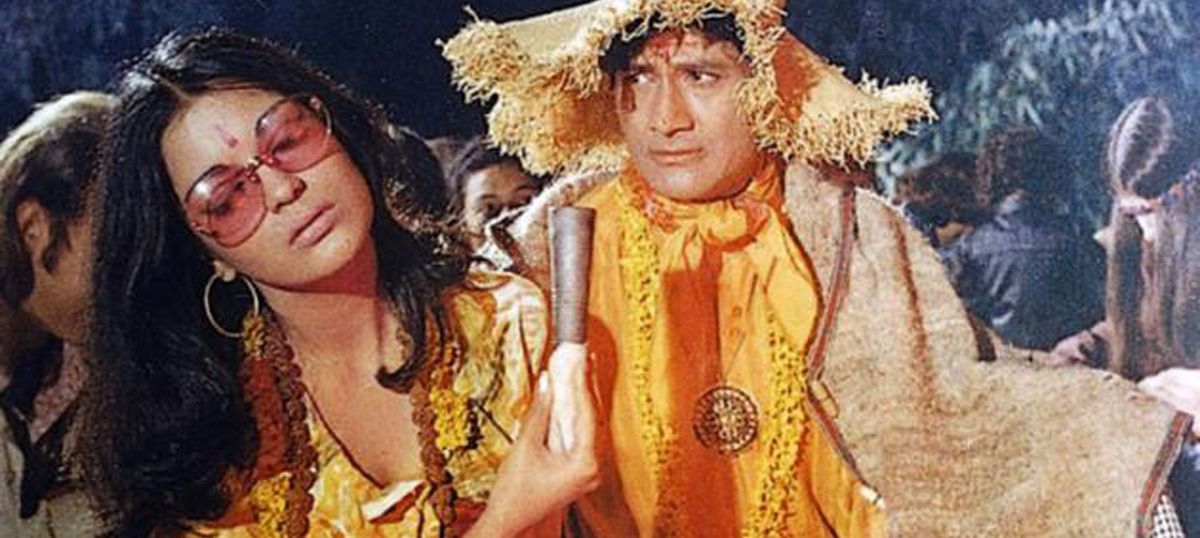Puff Puff Pass: Should We Legalise Marijuana In India?

NEW DELHI: A recent Facebook post by the Bengaluru City Police which read, “If there was someone selling drugs, weed know. Caught these two with 6.68Kgs of Ganja” has been all the rage in social media circles. While the witty message was appreciated by many, the perpetual debate on legalisation of cannabis/marijuana in the country was sparked yet again.
The Narcotic Drugs and Psychotropic Substances (NDPS) Act, 1985 was last amended in the year 2014. According to the law, cannabis (hemp) including charas (the crude or purified resin), ganja (flowering or fruiting tops) or any mixture resulting from the two is considered as illegal. Although, if one consumes only the seeds and leaves of the same plant then it is absolutely lawful (that’s why bhang is legal).
This 2014 Amendment allowed courts to use their discretion for a 30-year imprisonment term for repeated offenders. It also eliminated the compulsion of a mandatory death sentence for repeated convictions in cases of trafficking large quantities of drugs.
The illegality extends not only to the consumption but cultivation, possession, use, sale/purchase, import/export, transportation and warehousing of cannabis, except for medical or scientific purposes. This might vary from one State to another as each State has the power to control, permit and regulate these activities. In the case of cultivation, a fine of up to one lakh rupees and rigorous imprisonment of up to 10 years might be levied.
For possession of small quantities (100 grams for charas and hashish, 1000 grams for ganja), a penalty of ten thousand rupees or a jail term of 6 months to 1 year. One caught with commercial quantities (1 kg for charas and hashish, 20 kgs of ganja), can serve a rigorous imprisonment for up to 20 years and pay a fine of 2 lakh rupees or even more as the court may rule.
In spite of a legally enforced ban, marijuana is still used in various forms by an ever-increasing consumer base. This is primarily because the plant grows unchecked in the wild in several states across the country.
Most students between 18-22 years of age consuming marijuana seem well aware of the components (Tetrahydrocannabinol and Cannabinoid) involved and the laws governing them. They feel it is better than alcohol or tobacco and also makes them peaceful or even philosophical. While several users say that marijuana shall circulate irrespective of the ban, they also upvote the legalisation debate so that it ensures licensed and monitored sales.
Devansh, a 20-year old student from Chennai has been a consumer for 2 years now. Although not very easily accessible, it is available in many parts of the country. According to him, “Marijuana is deeprooted in the Indian culture; baba's smoke charas and ganja without any possible problems. Bhang being an edible form of cannabis is mostly legal everywhere. Most parents simply think that because it is classified as a drug it is addictive. Cannabis is not addictive at all. When it comes to addiction, it has the least withdrawal symptoms.”
Vikram, an officer at the Maurice Nagar Police Station, Delhi however feels that marijuana and opium should remain illegal just like other synthetic drugs. “Except for authorised licensing for therapy or health-related uses, there is no point in legalising it. People will start growing it anywhere and everywhere… it’ll become another Punjab story.” Asked about the number of marijuana cases he said that areas in Mukharji Nagar and Gandhi Nagar have repeatedly faced these issues. He also alleged that students from other states and countries staying in the capital are quite often responsible for the illegal trade.
The latest development on legalising marijuana was in November 2016 when Dharamvira Gandhi, Lok Sabha MP from Patiala received clearance for amendment of the NDPS Act, 1985. According to him, this bill shall seek legalisation of the “non-synthetic” intoxicants like opium and marijuana to provide relief to common drug users through a cheap, regulated and medically supervised supply of traditional and natural intoxicants like afeem and bhukki to help society get rid of lethal medical and synthetic drugs.



